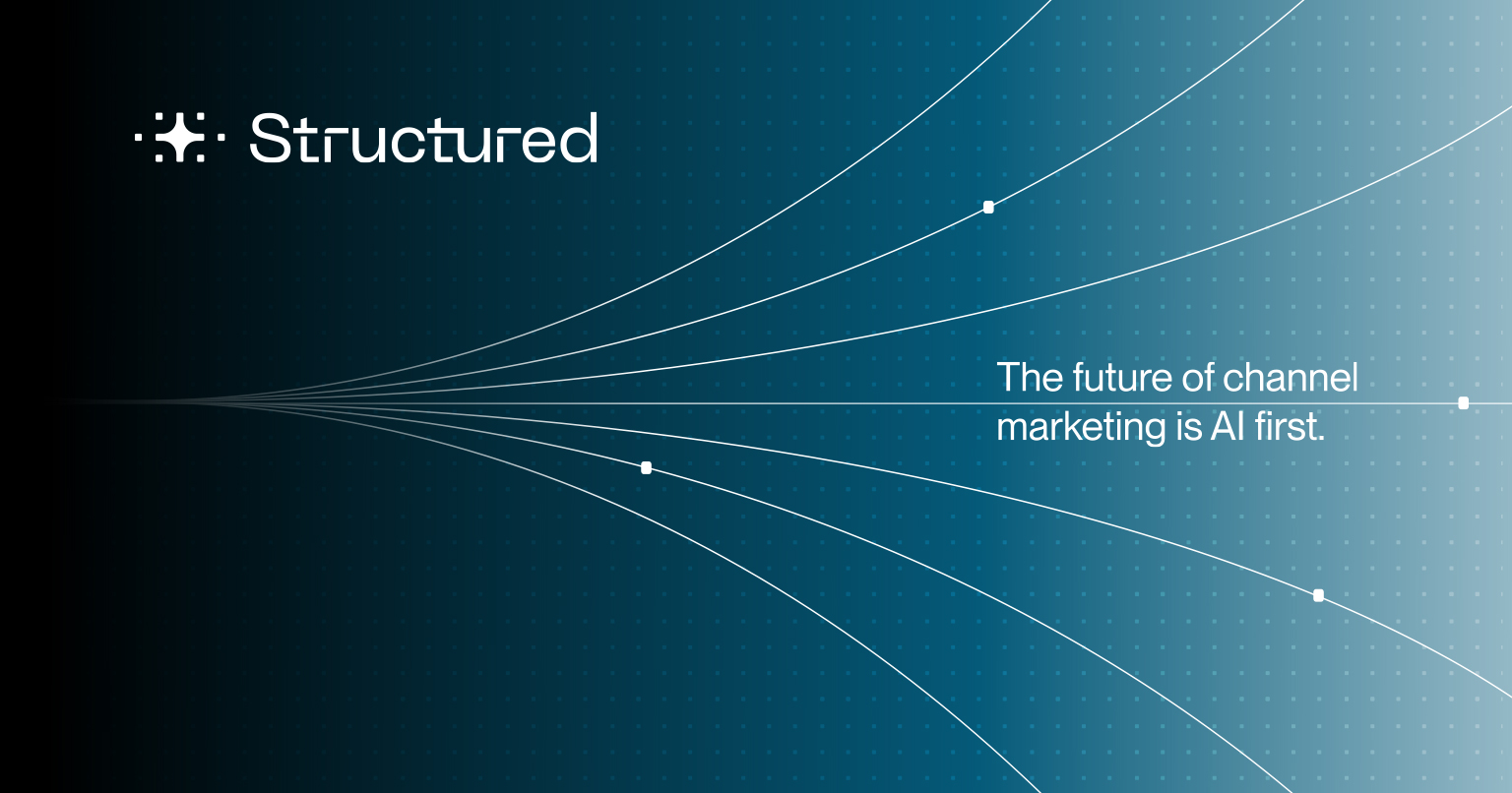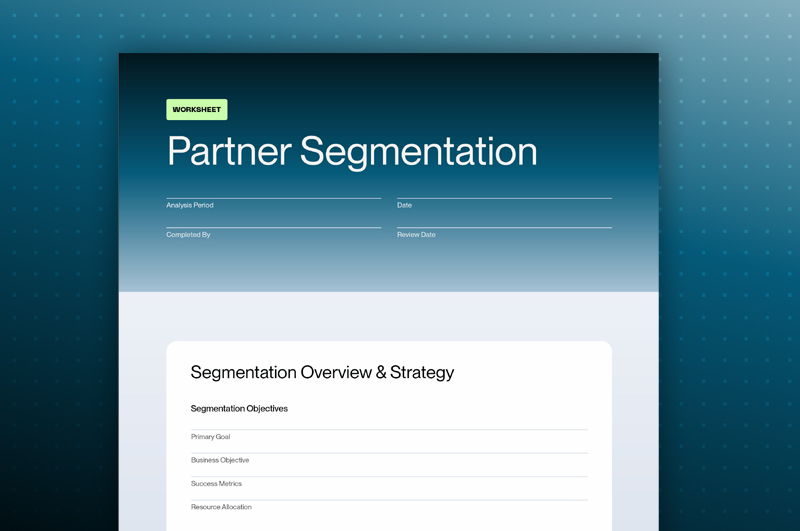Author: Steven Kellam, Chief Revenue Officer – StructuredWeb
Last month, I had the privilege to attend the Channel Marketing Alliance (CMA) Virtual Summit, where thought leaders across the industry came together to discuss the evolving role of AI in channel marketing. The insights shared were profound and inspiring, highlighting how AI is no longer a futuristic concept but a present-day reality transforming how we market, sell, and serve through the channel. Here are some of my key takeaways from the summit.
Simplicity, Scale, and the New “Just Ask” Partner Experience
One of the most striking themes from the CMA summit was the emphasis on simplification and scale. Daniel Nissan, CEO of StructuredWeb, noted:
“We’re entering an era where AI isn’t just supporting channel marketing — it’s revolutionizing how we think about partner relationships and value creation.”
Instead of clunky portals and endless steps, partners will soon be able to simply ask for what they need—content, campaigns, or training—and AI will instantly deliver, tailored to their needs. This “Just Ask” model reduces friction and increases adoption by making channel marketing more intuitive, efficient, and personalized.
“By simply asking what information they need or what campaign they’d like to run, AI delivers relevant content and strategy instantly, making it easier for partners to succeed.”
— Daniel Nissan

Setting the Strategy for AI in the Channel
Diane Brode, VP of Channel Marketing at Dell, emphasized the importance of making AI accessible and intuitive for partners.
“We need to make this as easy as possible for partners to engage. AI must remove the guesswork and simplify things by giving partners the content and tools they need, faster.”
Sam Oliff, Head of Global Partner Marketing at ServiceNow, highlighted that AI isn’t just about automation—it’s about empowerment.

“AI gives partners the ability to deliver tailored, impactful campaigns at speed. This isn’t just efficiency, it’s effectiveness.”
Marc Chip, VP of Global Channels at Cisco, reinforced how AI will shift the strategy of channel marketing itself.
“It’s not just an internal process shift. With AI, the entire channel ecosystem will adapt, and vendors must lead with clarity, transparency, and value.”
AI in Channel Marketing: Practical Tools and Strategic Shifts
AI isn’t just about replacing manual work; it’s about reshaping the role of channel marketing. Michele Accardi, President of Starin Marketing, noted that AI tools can help partners align with customer journeys in a way that was never possible before.
“Predictive analytics and AI can develop playbooks that allow partners to proactively engage the right customers, at the right time, with the right content.”
Jeff Fuhrmans, VP of Sales at Zoom, explained how AI-driven analytics allow sales and marketing teams to turn raw data into real deals.
“By harnessing partner data, AI gives vendors and partners the insights to anticipate customer needs before they even surface.”
AI in Channel Sales: Turning Real Data Into Real Deals
AI is moving from abstract promise to practical value. Jennifer Bloom, VP of Global Alliances at Google, said:
“The ability to take massive volumes of partner data and extract actionable insights is the true power of AI in the channel. It drives measurable revenue impact.”
Robbie Mirrell, VP of Marketing at Microsoft, added that culture will be key.
“AI adoption will only succeed if leaders encourage experimentation and a willingness to fail fast. The technology is ready; what matters now is culture and clarity.”
Al Reese, Research Director at IDC, summed up the leadership perspective:
“Those who participate in AI early will shape the industry. Much of performance, from marketing to sales, will depend on how well vendors and partners adopt AI.”
Orchestrating the Future: How AI Connects the Channel
Jay McBain, Chief Analyst at Canalys, shared a powerful vision:
“AI is the connective tissue of the channel. It links marketing, sales, and customer success into a single, intelligent ecosystem.”
He emphasized that those who embrace AI won’t just gain a competitive edge—they’ll redefine how the channel functions, setting new benchmarks for adoption, personalization, and growth.
Final Thoughts
The CMA Virtual Summit underscored that AI in the channel is no longer optional—it’s essential. From improving partner experiences and scaling campaigns to enabling predictive analytics and real-world sales impact, AI is the catalyst reshaping our industry.
As Daniel Nissan concluded:
“We’re not just watching change—we’re leading it. The future of channel marketing is AI-driven, and the time to act is now.”
If you’d like to watch the full recap of the CMA Virtual Summit and hear from these visionary leaders directly, you can access it here: CMA Virtual Summit Recap Video.




